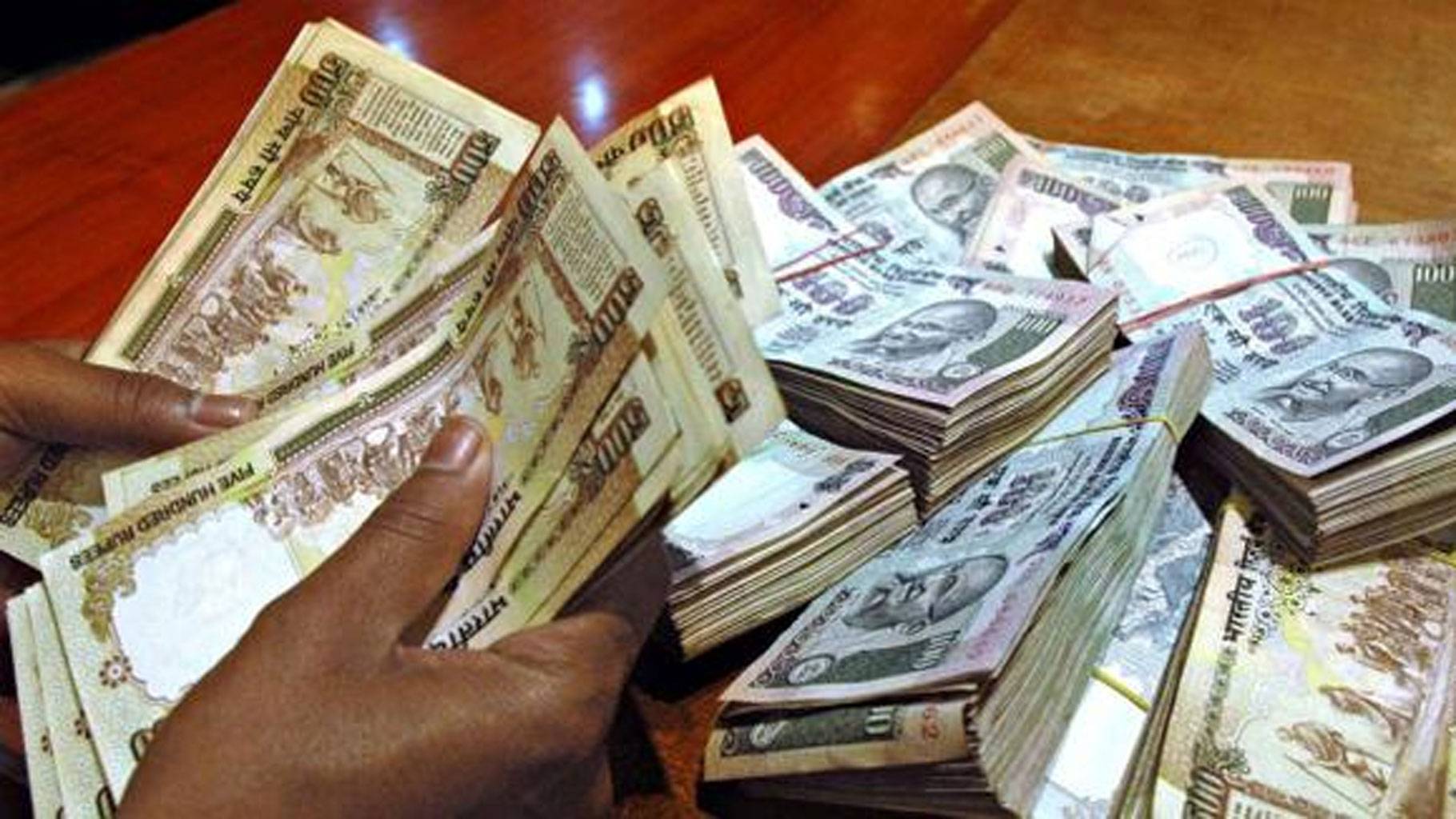The black money issue received centre stage in Modi’s speeches and was indeed bedrock of his victory in the parliamentary elections. Our governments are guilty of more rhetoric and less action. The government has decided to show its teeth on tackling undisclosed income & assets hidden abroad after being cornered on this issue in the Parliament.
It is widely known that the government has been missing its direct taxes collection targets. Some of these lapses are attributable to lofty targets set up for collections, and a lot of them are due to the corruption that corrodes the department’s handling. About 15% of the governments total receipts are from Income Taxes and year after year the focus is on raising this share. The fear of the law & its complexities keep many people away from filing their returns. While the government must fill its coffers and focus on investment, the draconian bill has its focus on collecting penalties rather than revving up the system to focus on compliance with rules and encouraging disclosure.
This bill is called ‘Undisclosed Foreign Income & Assets (Imposition of Tax) Bill 2015. It proposes that starting financial year 2015-16 undisclosed income & assets will be taxed under this new bill and will not be covered under the existing Income Tax Act, 1961. The Act shall apply to the Residents of India and also to the beneficiaries or legal heirs of such foreign assets. Undisclosed foreign income and asset shall be taxed at a flat rate of 30%. The asset shall be taxed at its fair value in the year in which it comes to the notice of the AO. This may lead to unnecessary hardship on the tax payer who purchased the property while earning a foreign income when it was affordable and now he’ll be liable to pay penalties at current fair market rate. Since the Income Tax Act will not apply to these income/assets, no exemptions or deductions or set off or carry forward of losses shall be allowed against such income & assets. The tax payer shall have to explain the source of income from which the asset has been acquired. Taxpayers are used to maintaining documentation of the ownership of the property but usually ignore maintaining records related to the source of money through which the property has been acquired. Some innocent tax payers who will be disclosing their foreign asset may have difficulty explaining the source of its purchase while they may be doing absolutely fine on their taxes only having missed disclosure of the asset held abroad. The bill may be harsh on such innocent tax payers. While it lays down safeguards by allowing appeals in higher courts, the chase may just end up being a nightmare for those who had no intention of tax evasion when they missed disclosure.
Besides the 30% tax, a penalty of 90% of the undisclosed income will also be charged. Therefore, a taxpayer may end up paying 120% of the undisclosed income. Not only this, a penalty of Rs 10lakhs is applicable for failure to furnish a return with details of such foreign assets or income or if inaccurate details have been furnished. The penalties are enormous; evasion of these taxes may also result in imprisonment from 3 years to 10 years. Cases where return has been filed but the tax payer failed to disclose foreign assets will also be punishable with imprisonment of 6 months to 7 years.
While the bill talks of a one-time compliance opportunity for a limited period to disclose such assets, it offers the same 30% tax and a 30% penalty instead of the 90% mentioned above. Such persons though will not be prosecuted; the bill is not really an amnesty scheme. The only relief it permits is that balances held in bank accounts which have been less than Rs 5lakhs at any time during the year will be exempt from both penalty and prosecution. Rs 5lakhs are roughly $8000. The aggregate balance in the bank accounts should not more than $8000 at any time to qualify for this exemption. If it has been higher than $8000 for even a single day, the tax payer will not be exempt from penalty & prosecution. India has been a major exporter of talent abroad. We all can count at least 5 software brains we know of, who regularly go on assignments abroad. An NRI becomes resident within 2 years of returning to India. If NRIs continue to hold on to their assets or have bank accounts abroad which had balance of more than $8000 for even a day and inadvertently fail to disclose them, the bill fails to protect them. The bill could have laid a maximum limit of income or value of asset for the innocent taxpayer who didn’t intend to evade taxes and is the owner of non earning assets held abroad allowing him relaxation. Residents may have existing bank accounts abroad earning meager interest but their balances may have been higher than the limit mentioned. The bill must not hound them. Such tax payers may willingly offer to tax the interest income on their accounts and may not be in a position to hold up to the penalty and the frightful prosecution.
The government may be laying all its bets on the foreign black money, but there are no clear steps of how it wants to go after the black money which already circulates within India. Black money gets invested in the property market and eludes the banking channels. While Swiss bank account holders may turn out to be tax evaders, how does the government aim at tackling the businesses that thrive on tax evasion and the deep rooted corruption within the income tax department? Going after the big guns and increasing compliance by bringing simplicity shall be a worthwhile pursuit.
Undisclosed Foreign Income and Assets Bill – going after penalties or compliance

